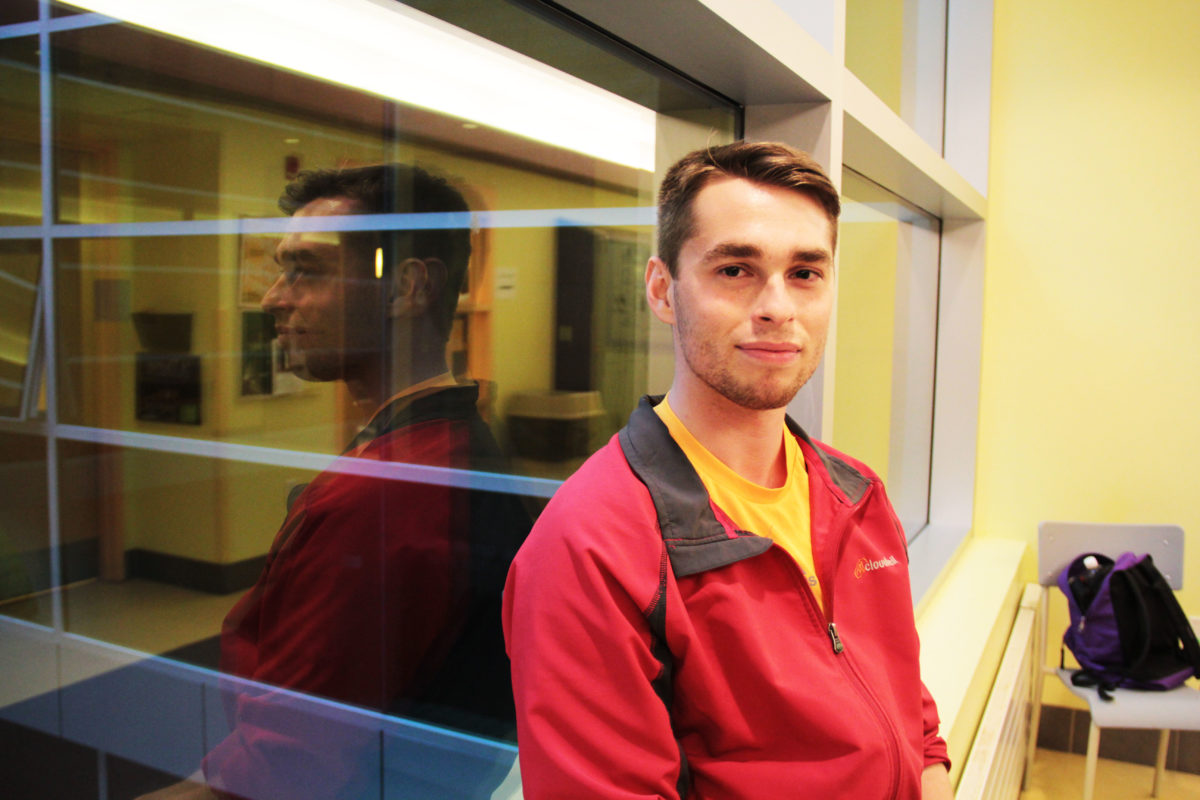St. Thomas University Students’ Union voted to change its constitution and bylaws. These changes include the creation of four positions meant to deal with communication and representation of minority groups on campus.
These positions are the international student representative, the Indigenous representative, the sexuality and diversity representative and the social inclusion representative.
“The first three specialized representatives are meant to act as a liaison between the [student representative council] and their respective community, as well as represent them on SRC,” said Philippe Ferland, STUSU vice-president academic. “The social inclusion representative is meant to act as a liaison for any minority group that was not included within the main three but still wished to be represented.”
Esteban Rivera, an international student and president of St. Thomas University International Students Association, used his experience as a newcomer to Canada to explain why these new positions are important.
“Being an international student, it’s not only coming from far away, it’s also coming to a completely new culture: different language, different currency, everything is completely different to what we know as the norm,” he said.
Rivera said having someone to go to for legal or social help who understands what you’re going through makes the process easier.
“It’s very difficult to just come here and be like, ‘what do I do?’” Rivera said. “One of the main things that what we want is representation.”
Ferland said these representatives will be useful for improving council’s communication with particular communities, while offering them a platform to speak and feel comfortable.
The first three will be elected by members of their respective communities. The social inclusion representative is elected by the general population.
Other amendments to the constitution and bylaws included the removal of Board of Governors and Senate members’ obligations to attend council and fill committees, as well as plans to keep the at-large representative positions but determine more specific roles for them at a later date.
Also, in the event of an executive member’s impeachment or resignation, the executive team may now assign a member of council to take the absent executive’s place until a new one is elected. The stand-in must have served at least one full year on council to be eligible.
Ferland said the goal in making these changes was to make STUSU run more smoothly and encompass everyone.
“All in all, these changes were meant to make council, and how we operate, much more efficient while also offering equity to various previously disenfranchised groups at school to properly reflect the diverse community we are meant to represent and advocate for as an organization,” he said.
Ferland also said this is something previous executive teams have tried to work on, but were never able to until now.
“We’ve finally achieved it and we’re really excited to see how it all continues along in the future.”

